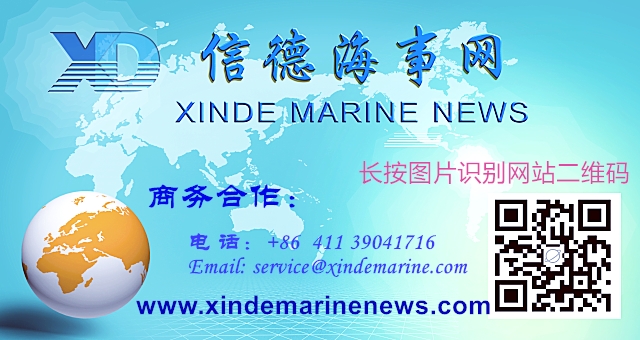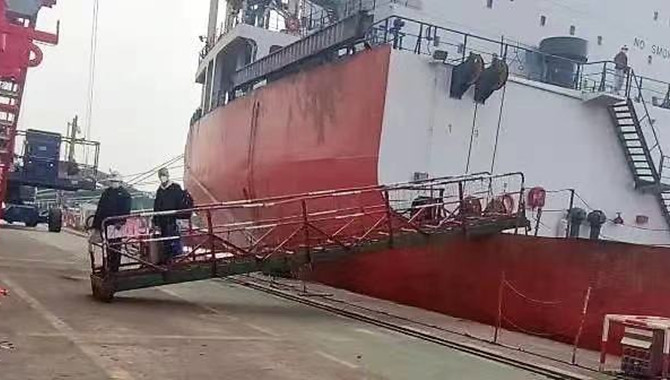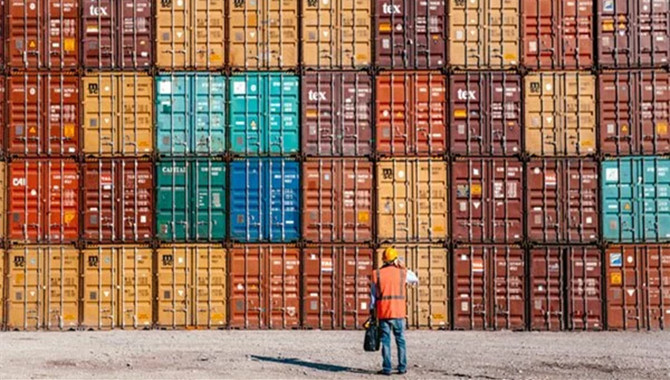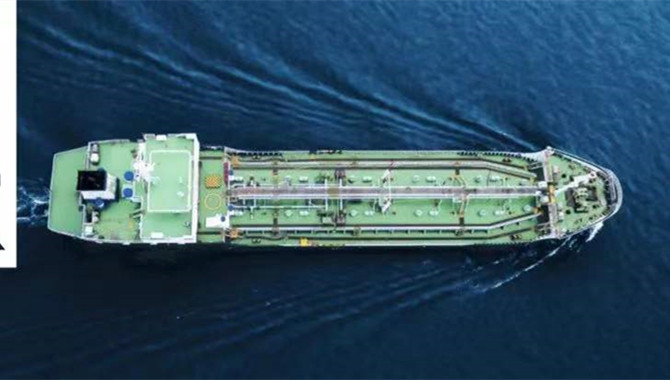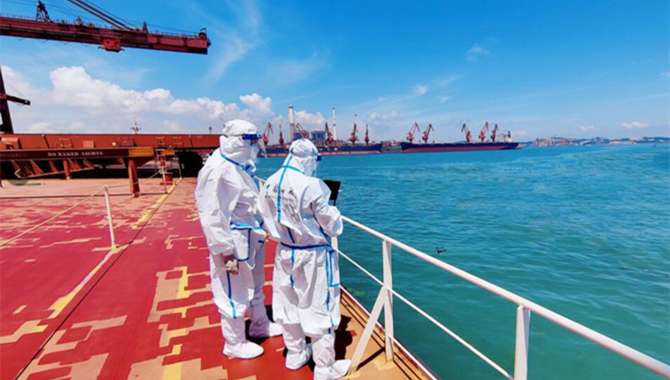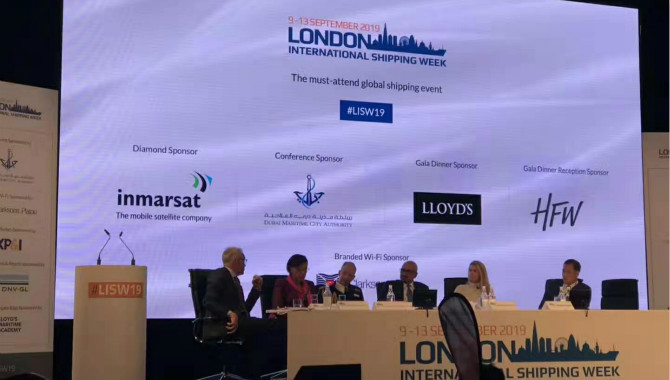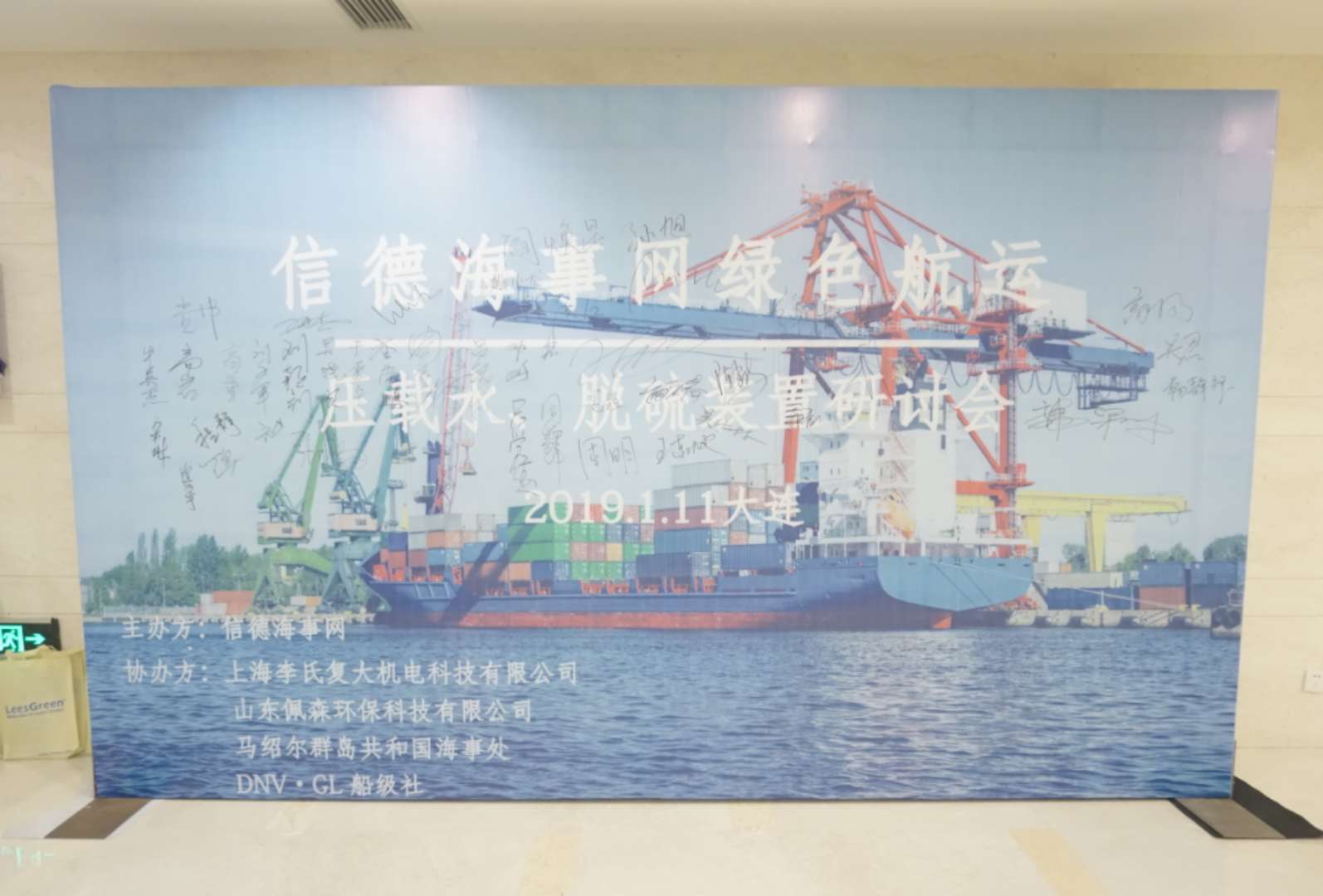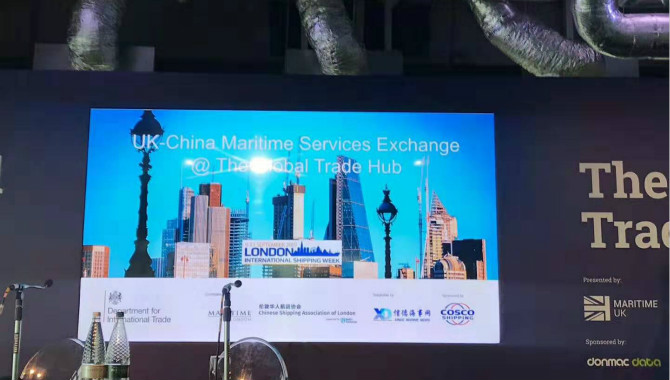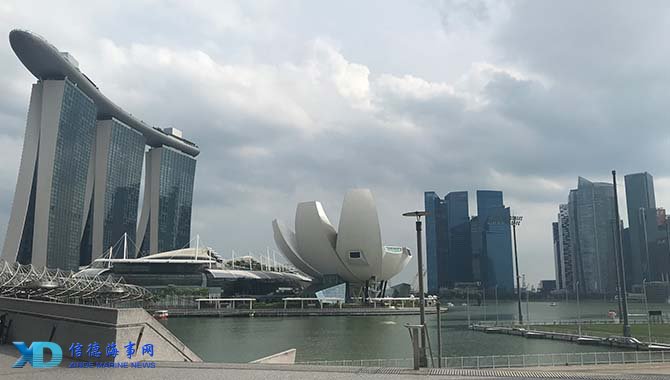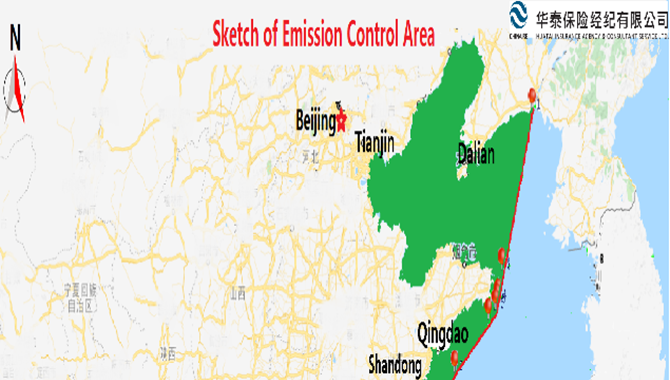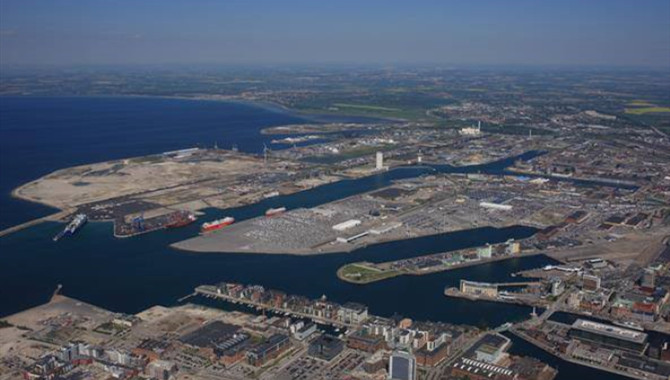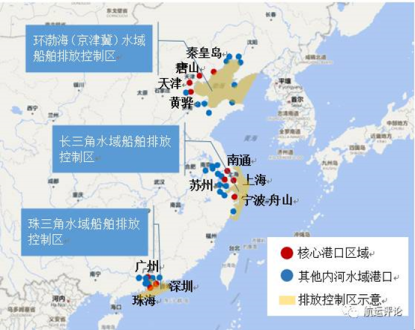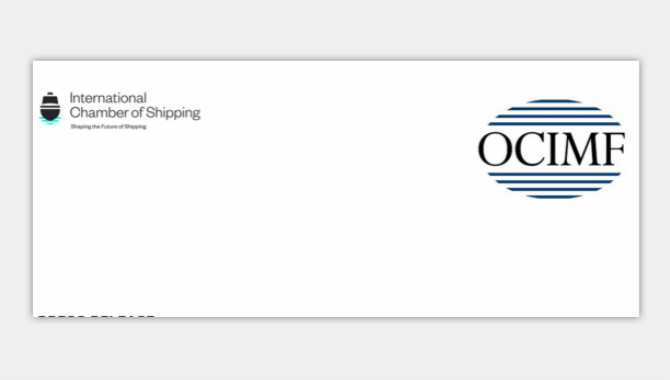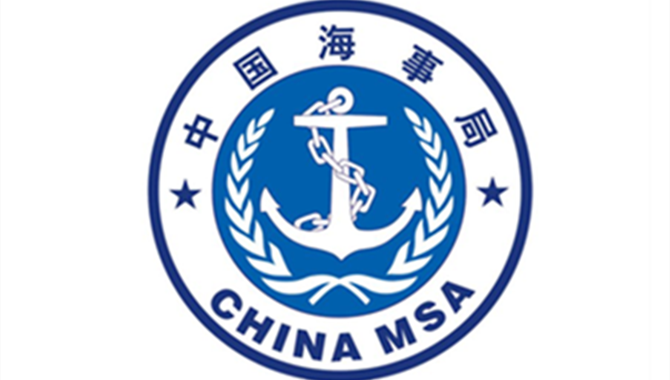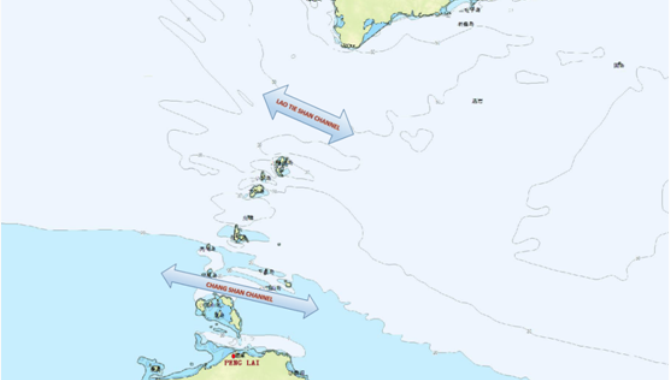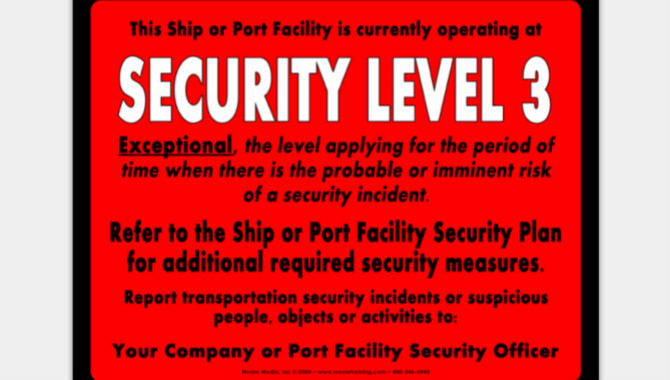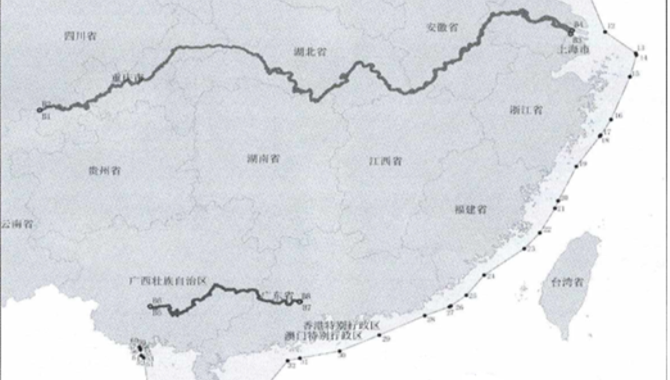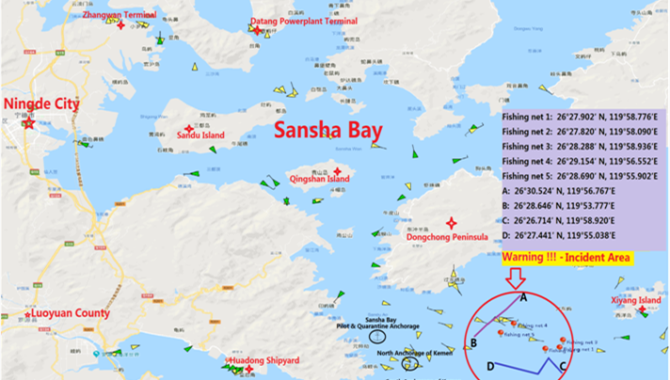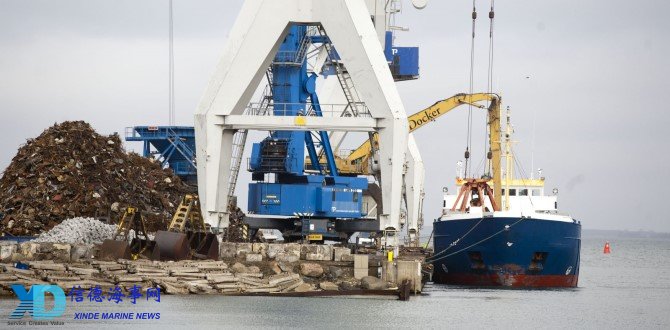
A decision from China to stop importing several types of solid waste due to environmental concerns has many companies in countries such as the U.S. worried that their multi-billion-dollar industry could be at risk.
The move, however, is in line with China's increasing attention to environmental protection and high-quality economic growth, Chinese experts said on Sunday, noting that recycling of foreign waste brings little benefit to the changing Chinese economy but causes great harm to the environment.
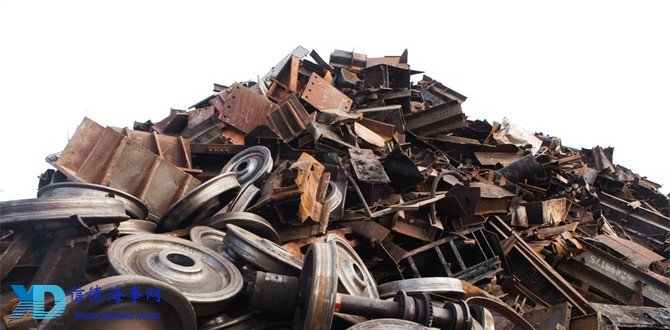
The Ministry of Environment Protection (MEP) released a document on waste imports, that lists 24 types of waste, including metal, paper and plastic, as prohibited items, according to a statement on the ministry's website on August 18.
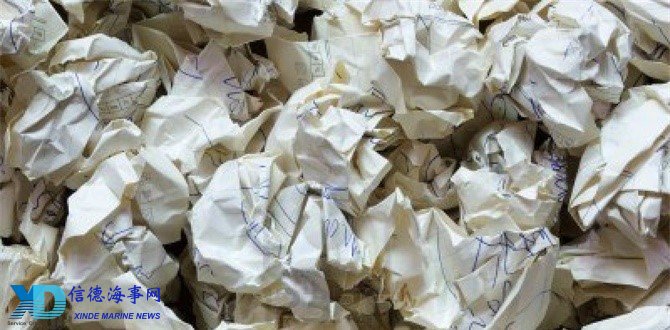
The ban takes effect on December 31, the notice read. Media reports also suggested that the MEP had sent a notice to the WTO about the changes in July.
Those moves followed a guideline released in July by the State Council, China's cabinet, which called for a "complete" ban of yanglaji (foreign trash), the Xinhua News Agency reported on July 27.
The move is intended to boost domestic recycling, "practically improve environmental quality and protect our country's ecological security and public health," according to the Xinhua report.
The move was met with serious concern in the U.S., a large-scale scrap exporter, where companies and industry associations claimed that the move could jeopardize the multi-billion-dollar industry.
The U.S. Institute of Scrap Recycling Industry (ISRI), which claims to represent more than 1,300 member companies in the industry, said in a letter addressed to the MEP that it was concerned about the latter's move to change environmental control standards, asking for more time before implementation to evaluate the changes.
"ISRI supports the general approach used within the proposed standards to help control and manage potential environmental concerns related to the import into China of scrap as raw materials… but we need more time to evaluate the proposed threshold values," the ISRI said in a letter dated August 25.
The letter pointed out that the U.S. exported $16.5 billion worth of scrap metal, paper and plastic in 2016, with $5.2 billion sent to China. Media reports said if China went through with the changes, the U.S. industry could be at serious risk.
Furthermore, the Economist reported on August 3 that the MEP's move could have a much larger impact on the global trade of scrap and waste, noting that China spent more than $18 billion on imports of these items in 2016.
Chinese experts said on Sunday that despite concerns raised by foreign companies and industry groups, Chinese officials will go through with the ban, given the country's increased focus on environmental protection and high-quality economic growth rather than speed.
"Environmental protection regulations have been getting tighter in China and that process will continue. These scrap imports caused real damage to the environment in China," Li Zhiqing, a deputy director at the Center for Environmental Economics Studies of Fudan University, told the Global Times on Sunday.
He pointed out that recycling of these waste products offered some economic benefits when the Chinese economy was growing at high speed and the manufacturing sector required a lot of raw materials, but "the environmental cost is just too high."
Tian Yun, director of the Macroeconomics Research Center's China Society, also added that the imports of foreign waste now offer little benefit because "all the companies in the trade were foreign ones and the cost was too high on the environment."
"China's development structure has changed: we are not looking for high-speed growth at the cost of the environment anymore but high-quality, sustainable growth; That's very clear from the top leaders of the country," Tian told the Global Times.
He also noted that the focus on economic development has also moved from coastal eastern China to the central and western region and that area "just doesn't need (the waste) anymore, not to mention the cost of it."

.gif)

